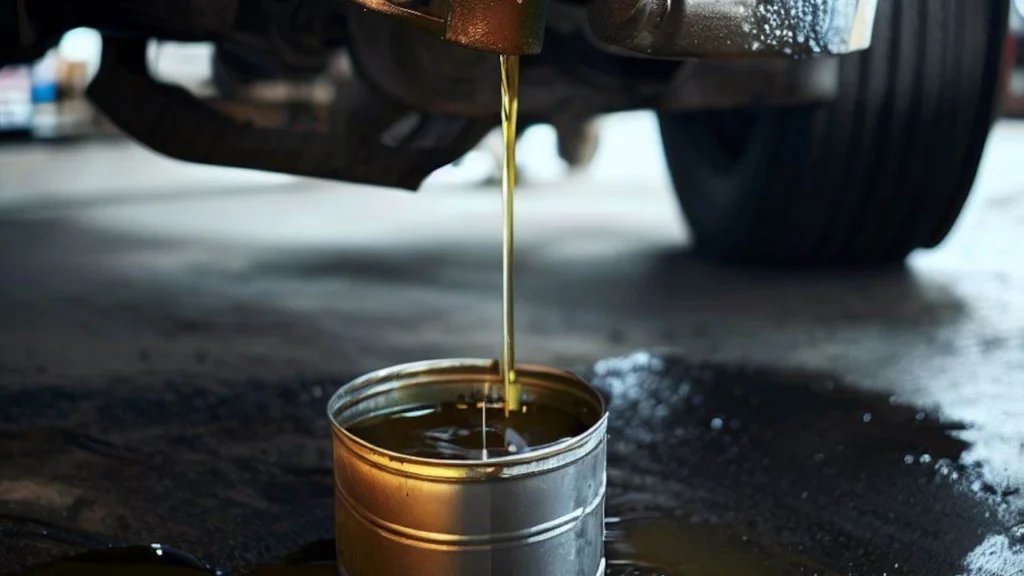Modern engines are complex machines, composed of numerous intricate components working in unison to provide optimal performance. Among these components, the oil bypass valve plays a crucial role in maintaining engine health and efficiency. This often overlooked but essential device ensures the smooth operation of the engine’s lubrication system, safeguarding against potential damage and extending the engine’s lifespan. In this article, we will delve into the purpose of the oil bypass valve and its significance in preserving the engine’s longevity and performance.
What is the Oil Bypass Valve?
The oil bypass valve, also known as the pressure relief valve or bypass valve, is a small but significant component integrated into an engine’s lubrication system. It is typically located in the oil filter assembly, making it an integral part of the oil filtration process. The primary function of the oil bypass valve is to regulate the flow of engine oil, ensuring a consistent and appropriate supply of lubrication throughout the engine.
Maintaining Optimal Oil Pressure
The oil bypass valve is designed to operate in response to variations in oil pressure. When the engine is cold or running at low RPMs, the oil may be thick, leading to higher oil pressure. Under such conditions, the oil bypass valve opens slightly, allowing excess oil to bypass the filter element and continue flowing through the engine. This action helps prevent a sudden spike in pressure, safeguarding the engine against potential damage due to excessive force on seals, gaskets, and other components.
Conversely, during high engine RPMs or when the oil is warm and thin, the pressure may decrease. In such instances, the oil bypass valve closes, ensuring that all the oil flows through the filter, providing thorough filtration and optimal lubrication to protect crucial engine parts.
Protection Against Filter Clogging
Over time, engine oil accumulates contaminants such as dirt, debris, and small metal particles. These impurities can clog the oil filter, impeding oil flow and diminishing its ability to lubricate the engine effectively. If the filter becomes severely clogged, it may result in a significant drop in oil pressure, potentially leading to engine damage.
The oil bypass valve serves as a safety mechanism in such situations. When the filter is close to becoming obstructed, the bypass valve opens, allowing oil to bypass the clogged filter and continue circulating through the engine. This ensures that, even with a partially blocked filter, a sufficient amount of oil reaches vital engine components, preventing damage and maintaining engine performance.
Extending Engine Life
By ensuring a continuous flow of properly filtered oil to critical engine parts, the oil bypass valve significantly contributes to extending the engine’s lifespan. Consistent lubrication minimizes friction between moving parts, reducing wear and tear on components like pistons, crankshafts, and camshafts. Moreover, it helps maintain a stable operating temperature, preventing overheating and potential engine failures.

Moreover, the oil bypass valve’s role in protecting against filter clogging ensures that contaminants do not accumulate and harm sensitive engine parts. As a result, vital components remain cleaner and experience less friction, minimizing the risk of costly repairs and replacements over time.
With the engine operating efficiently and under optimal conditions, fuel consumption is also likely to be more economical. A well-maintained oil bypass valve contributes to smoother engine performance, which can lead to improved fuel efficiency, reducing both environmental impact and overall operating costs.
Oil Bypass Valve Conclusion
Though often overlooked, the oil bypass valve is an essential component within an engine’s lubrication system. Its ability to regulate oil pressure, protect against filter clogging, and ensure consistent lubrication plays a vital role in safeguarding the engine from damage and enhancing its overall efficiency and longevity. Regular maintenance and periodic checks on the oil bypass valve, along with routine oil changes, will help keep your engine running smoothly and efficiently for years to come.

